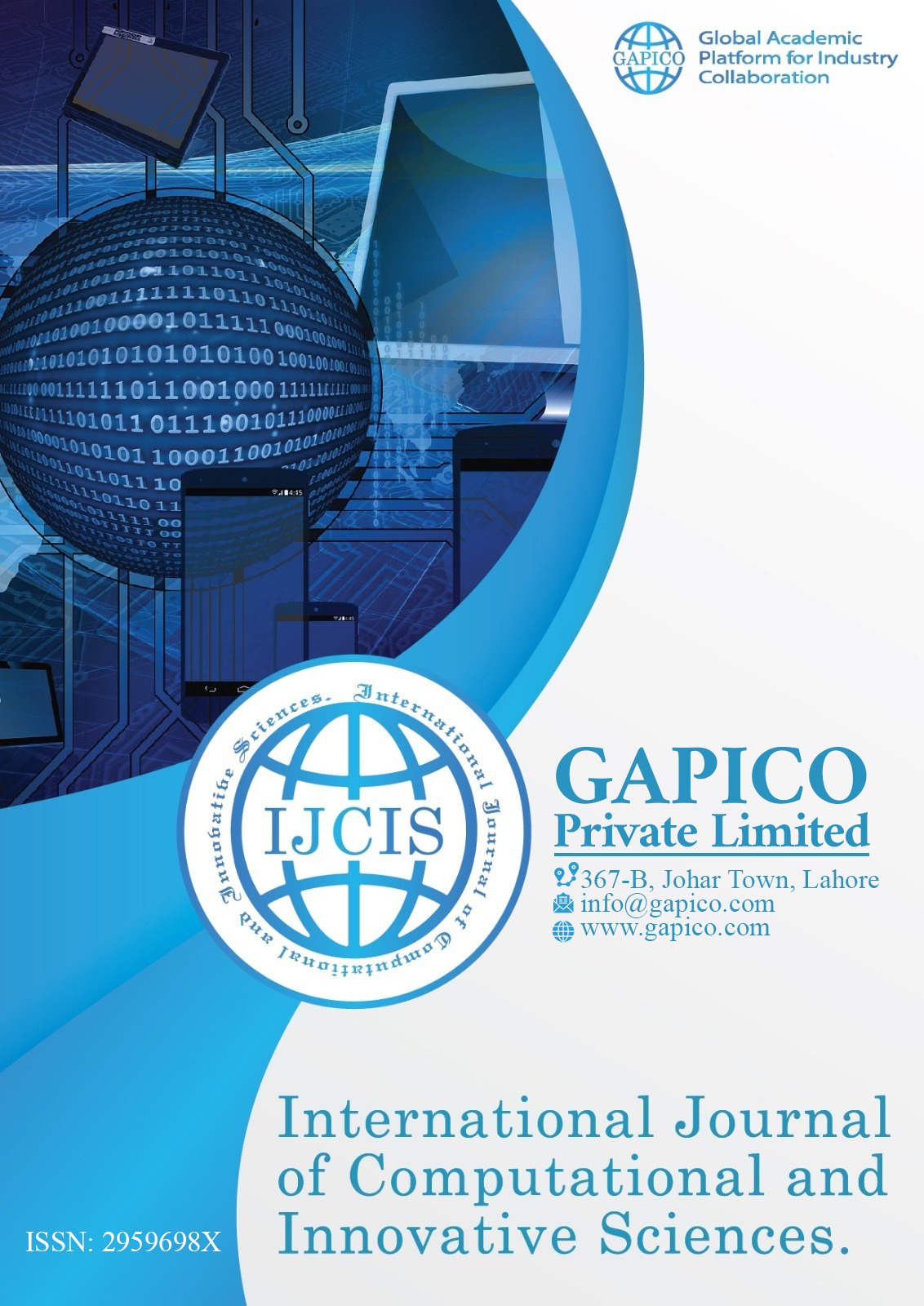Assessing and Prediction of Living Standards in Smart Cities using Machine Learning
Keywords:
Internet of things, smart cities, living systems, expert system, machine learning, fuzzy inference systemsAbstract
According to United Nations estimates, more than 50 percent of the global population resides in urban areas. So cities have great importance. A Smart City is a city that uses Internet of Things sensors to gather data and information to improve operational capability and effectively manage assets and resources. As urbanization and globalization are increasing, modern cities are under pressure to increase the Quality of life of their residents. There is no particular tool or set of standards for evaluating the smart city's services. A new hierarchical Mamdani Type-1 Fuzzy expert system is proposed in this research for assessing the living standards offered by a smart city to its citizens. The proposed expert MFIS categorizes people's living standards in a smart city into three categories: poor, good, and excellent. There are multiple factors of living standards which can assess smart cities. The proposal model plays a vital role that takes a large number of factors that affect the lives of inhabitants of smart cities. These factors are indexed between some ranges that are taken by experts. These factors are Safety, Health, Education, Supplementary services, and Quality of living environment. These factors are dependent on some sub-factors. So the major factors are evaluated and assessed by FIS on the basis of sub factors and the overall Quality of Living standard is assessed by FIS on the basis of Major factors. Using these values, the fuzzy-based system-generated better results than the traditional system in smart cities.



 DOI's are created using Crossref
DOI's are created using Crossref